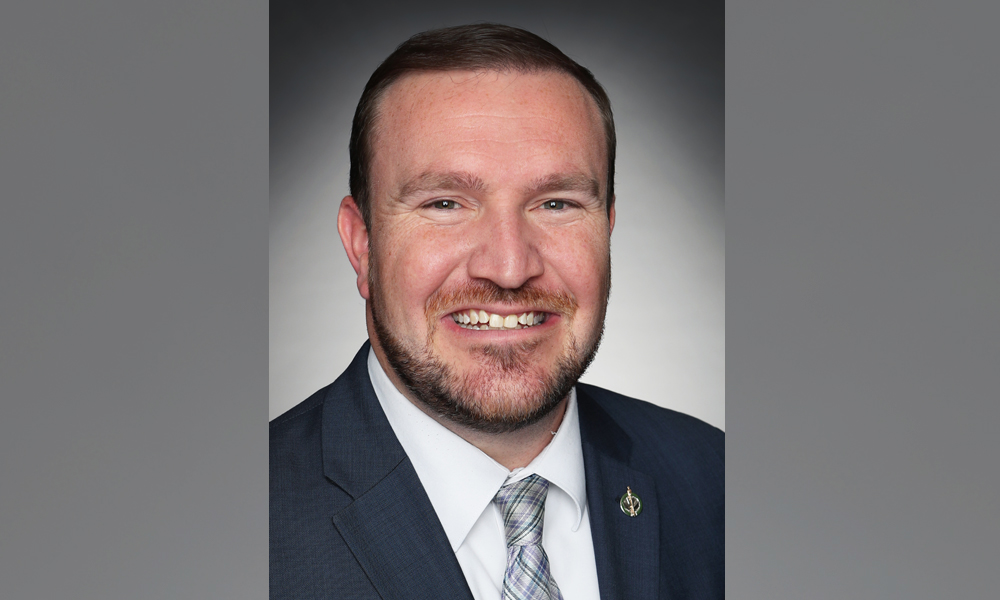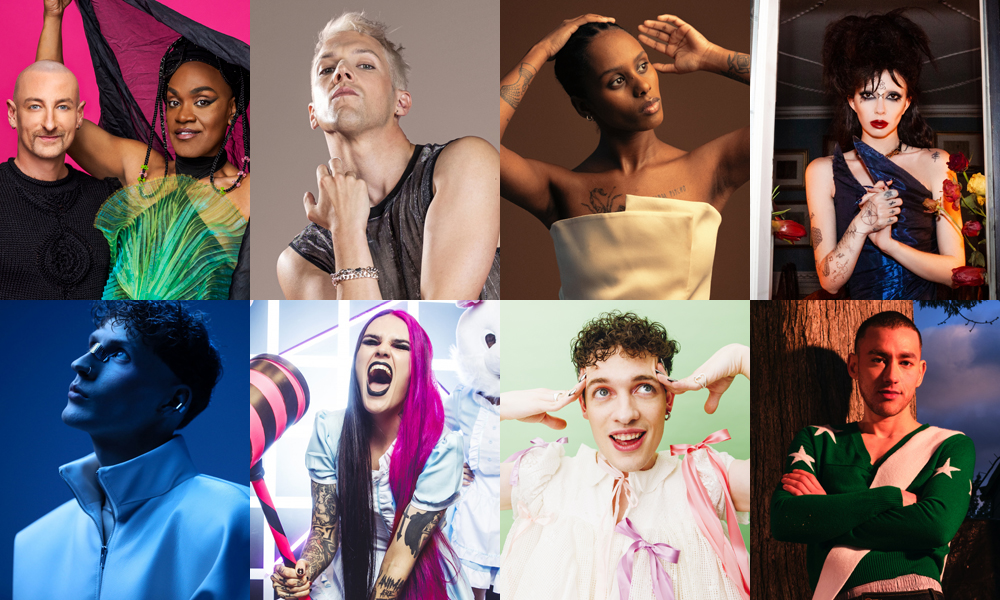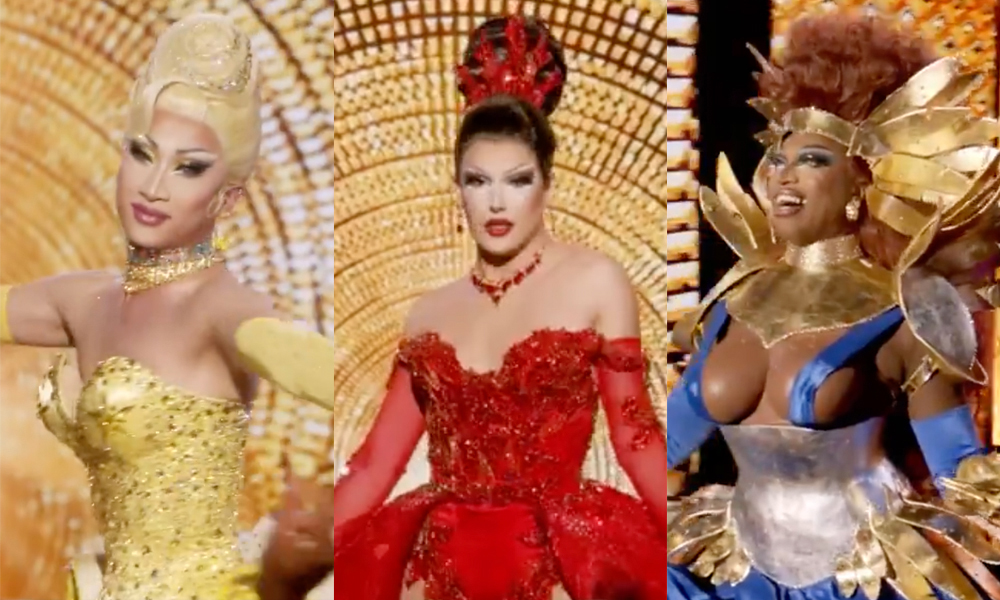Canada’s first openly gay man to be elected a Conservative MP is eager to distance himself from his party’s social hang-ups…
By Paul Gallant
Many LGBT people see themselves as underdogs and, as a result, tend to see a need for government to rebalance society’s many inequalities. Meaning: they usually lean to the left. Failed US presidential candidate Pete Buttigieg – an openly gay Democrat in favour of single-payer health care and of rescinding the ban on trans people in the military, among other progressive policies – was pilloried in some corners of the LGBT media for not being left enough. “I don’t trust him,” wrote my friend RM Vaughan in The Globe and Mail. At the other end of the political spectrum, LGBT conservatives can seem like oddities, their motivations suspicious.
So I am not surprised when Eric Duncan, the 32-year-old Conservative MP for Stormont–Dundas–South Glengarry, farming country that runs along the St. Lawrence River south of Ottawa, tells me he does not much identify as an underdog. “I faced nowhere near the negativity and the challenges and the anxiety that many other people have who have come out before me,” he tells me. “I haven’t been quote scarred by any of my experiences.”
The first openly gay Conservative to be elected to Canadian Parliament (Scott Brison came out years into his parliamentary career, and then promptly came out as a Liberal), Duncan is a quintessentially agreeable, well-mannered, small-town boy from Winchester, Ont. His father, who founded and still operates a successful trucking company, responded to his coming out “with a hug, a handshake and a pat on the back.”
Duncan realized in his teens that he was gay, but didn’t come out publicly until he was 27. Those intervening years were almost entirely spent in public life. He made history as one of Canada’s youngest elected officials when he was elected municipal councillor in North Dundas at the age of 18, and was elected mayor in 2010 when he was 22. There’s a cute video from about four years ago, produced by the Rural Ontario Institute to applaud exemplary rural youth, which shows Duncan walking around his hometown sporting a shaggy beard, a mauve shirt and an aquamarine jacket.
Duncan’s steadfast devotion to retail politics – that is, focusing more on pleasing constituents and working on local issues than reinventing government or delighting in the spoils of power – has shaped both his political and gay life. He doesn’t do much after-hours Parliament Hill schmoozing because he still lives in his riding and drives home from Ottawa every night Parliament is in session. There’s little time for whisky-soaked backroom dealing. He’s on the Procedure and House Affairs Committee, a nice position for a wonk, but not in the Conservative shadow cabinet.
And dating? He used to use the apps when he worked at the municipal level, but says he’s deleted them since going federal. He’s never been in a relationship. “I had to come out as gay and I had to come out as conservative. The second was harder than the first,” Duncan tells me. “When I was mayor, partisan politics aside, anybody I went on dates with wanted nothing to do with someone with a public profile. That’s the case sometimes even now. I know the right person will come along at the right time. I’m not worried about it.”
Like many small-c conservatives, Duncan draws a line between fiscal and social conservatism: he supports the former, but not so much the latter. He’s in favour of government funding for LGBT community needs, like surgery for trans people, youth programs, arts and Pride festivals. “Government has a role in that. What the exact level should be, there needs to be debate on amounts.” In that sense his conservatism seems to come down to balancing budgets, curtailing government waste and getting out of the way of business. “For me it’s a very easy thing to navigate. I’m also a social libertarian. I believe in individual freedoms and personal choice.”
Charting the ‘right’ path
Canada’s Conservative Party is, of course, in the process of selecting a new leader. One of the reasons cited for Andrew Scheer being pushed aside is because he is seen as being out of touch with even average Canadians on LGBT issues. Again and again, it was mentioned in the press that Scheer (like his predecessor, Stephen Harper) wouldn’t march in Pride parades. “If the benchmark of being supportive of gay rights is being in a Pride parade, I don’t meet that definition myself,” says Duncan, half joking. “I’ve never been in a Pride parade before.” Duncan has spoken warmly of Scheer and says he has no regrets in supporting him. “As leader, Andrew was always very inclusive of me, asking my views of certain issues. We’ve had conversations about conversion therapy, about ending the ban on gay blood donation, about LGBT refugees.”
At press time, there were eight candidates in the running to become Conservative leader. Five of them – Marilyn Gladu, Peter MacKay, Rick Peterson, Rudy Husny and Erin O’Toole – have stated their willingness to march in Pride parades. But then there’s the three who have the backing of hardcore social conservatives. Ontario lawyer and businessperson Derek Sloan has promised to bring forward bills on abortion and same-sex marriage (presumably to get rid of them), and has said, “Whatever the cause of sexual orientation, which I still maintain is scientifically unclear. That is the position of science right now.” Toronto lawyer Leslyn Lewis is also against abortion and same-sex marriage. Cambridge lawyer Jim Karahalios hasn’t said much publicly about LGBT issues, but he was advisor and organizer for an Ontario MP who tried to overturn the province’s same-sex-friendlier sex-ed curriculum, and also campaign manager for an Ontario PC candidate who campaigned against gay-straight alliances in Catholic schools. At the time I spoke with him, Duncan had not thrown his support behind any candidate, but suggested that the ones talking about abortion and same-sex marriage are marginal voices, out of sync with the party majority.
“What I’ve seen on the front lines as a caucus member, there’s not an appetite to go down this road at all,” he says. “People are entitled to run, but you’re going to see a solid core of the membership say, ‘We’re not going in that direction.’”
—
PAUL GALLANT is a Toronto-based writer and editor who writes about travel, innovation, city building, social issues (particularly LGBT issues) and business for a variety of national and international publications. He’s done time as lead editor at the loop magazine in Vancouver as well as Xtra and fab in Toronto.







POST A COMMENT